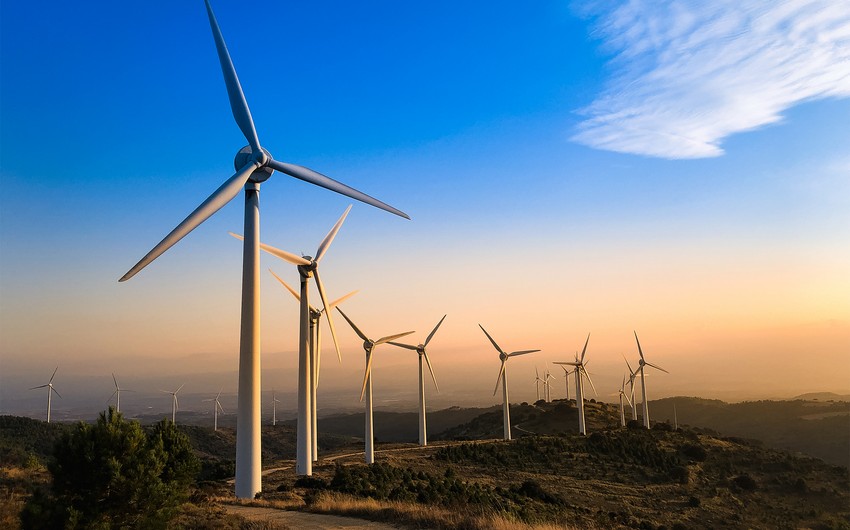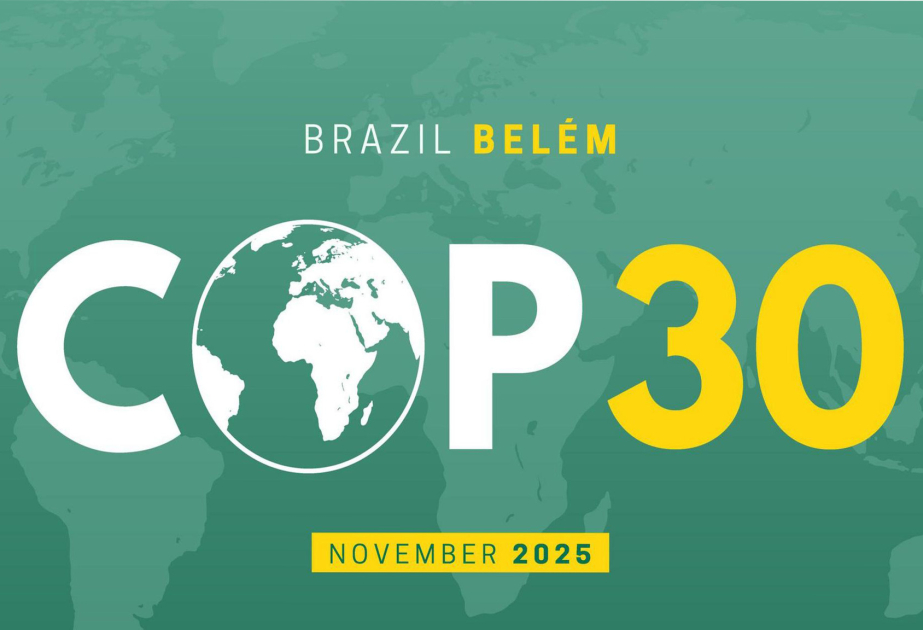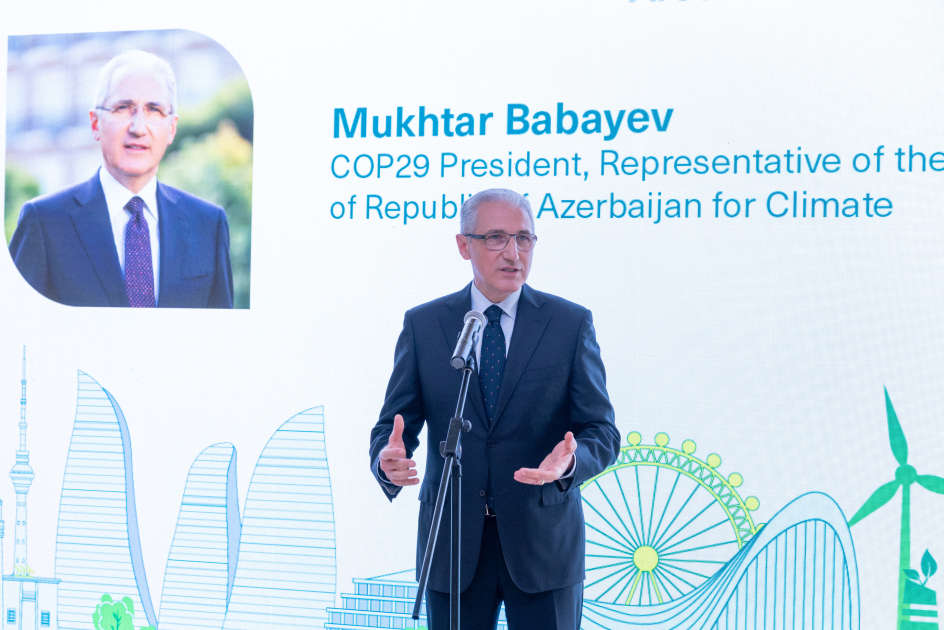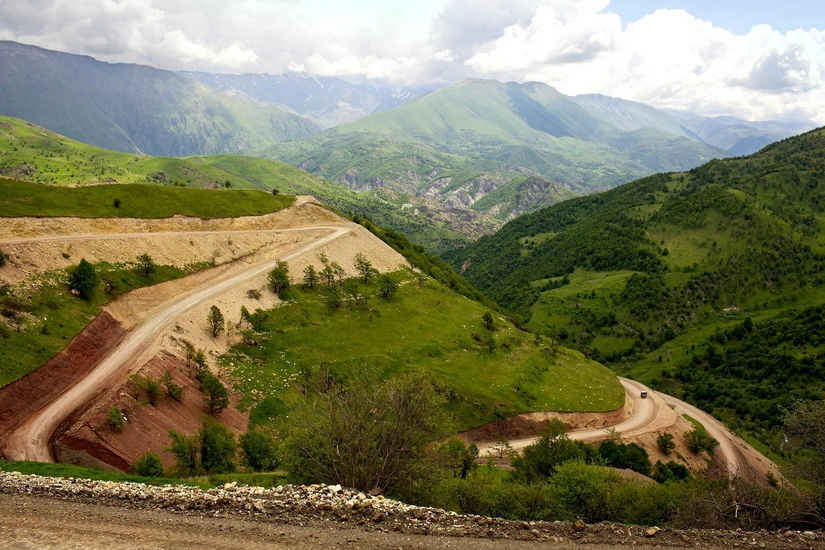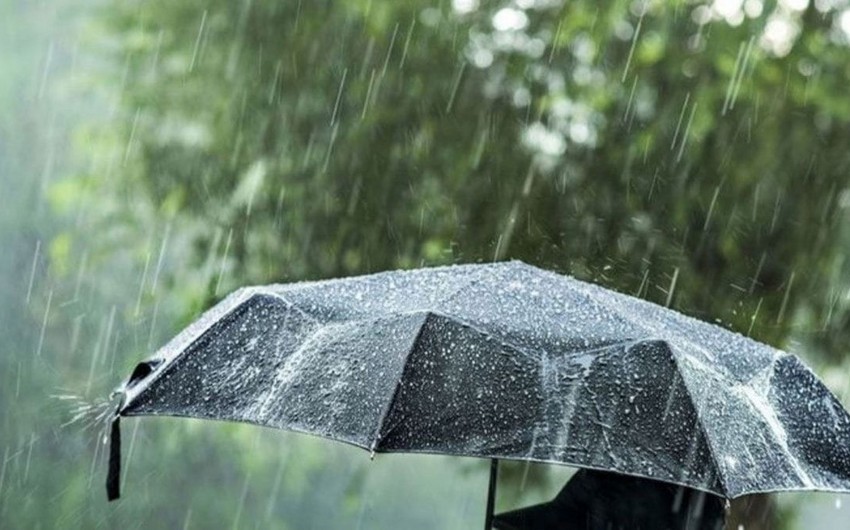The European Union is stoking its power plants with fewer lumps of coal and barrels of oil and gas than it has ever recorded, data shows, Report informs referring to The Guardian.
The 27 member states burned 17% less fossil fuel to make electricity between January and June 2023 than over the same period the year before, a study from the clean energy thinktank Ember found. The EU made 410TWh of electricity from sources that release planet-heating gases, which analysts say is the lowest level since 2015 – the first year for which they have monthly data – and “very likely” since 2000.
The drop in fossil fuel generation was driven by a fall in demand for electricity, as well as some growth in clean power, the study found.
To try to stop the planet heating, the EU has promised to cut greenhouse gas pollution by 65% from 1990 levels by the end of the decade, and hit net zero emissions by 2045. To get there, it will probably have to use less energy but more electricity than it does today, as more people heat homes and drive cars with electricity instead of fossil fuels.
The report found that fossil generation in the first half of 2023 fell more than 20% in 11 EU countries and more than 30% in five of them. Fourteen countries saw their lowest total fossil generation on record for the period. In seven countries – Austria, the Czech Republic, Denmark, Finland, Italy, Poland and Slovenia – fossil fuel burning hit its lowest levels this century.
The Ember report found growth in solar power continued in the first half of the year, making 13% more electricity than it did in the same period in 2022. Wind generation rose by 5%, while hydropower grew 11% after a shortfall from widespread drought last year. Nuclear generation fell 4%, but is set to climb during the year.
Several countries broke records for the share of their power that came from renewable sources of energy, the report found. Greece and Romania passed 50% for the first time and Denmark and Portugal broke 75%.
After Russia invaded Ukraine last year, gas prices shot up and the EU introduced emergency measures to cut demand. With winter also unexpectedly mild, demand for electricity fell 5% in the first half of 2023 compared with 2022.
The Ember report found some of the drop in demand was down to changes such as using energy more efficiently, but much of the shift was “not sustainable or desirable”.
The report called on governments to build wind turbines and solar panels faster. It also said they should “urgently” expand the electricity grid, build more batteries to store electricity and streamline the process to get permits for clean energy infrastructure.


